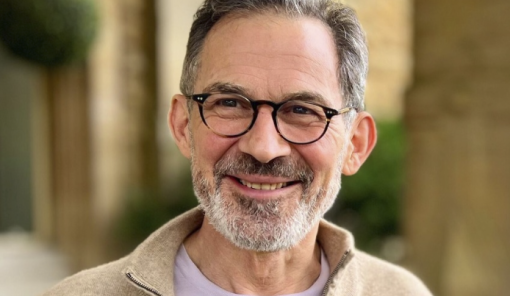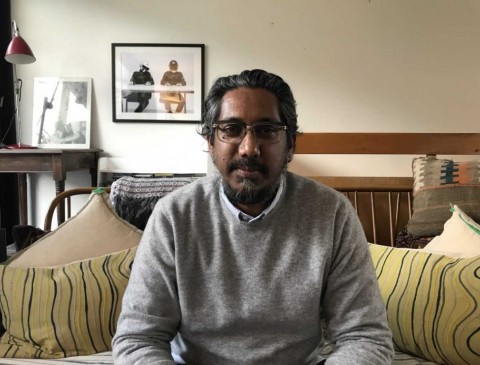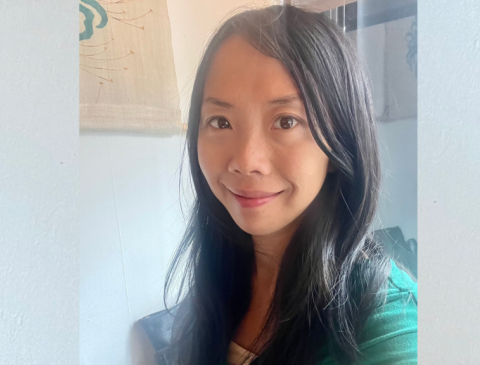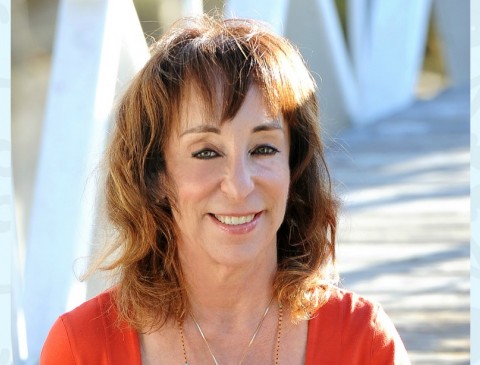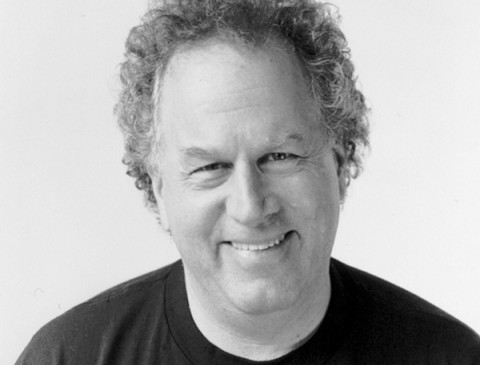Rupert Spira
About the speaker
Rupert Spira is an English philosopher, author and potter, based in Oxford, UK. He is a proponent of nondualism and what he terms 'the Direct Path'.
Past events
8th May 2025
18th December 2024
8th May 2024
10th January 2024
5th July 2023
16th November 2022
18th May 2022
23rd September 2019
24th September 2018
18th September 2017
19th March 2017
5th September 2016
12th December 2015

